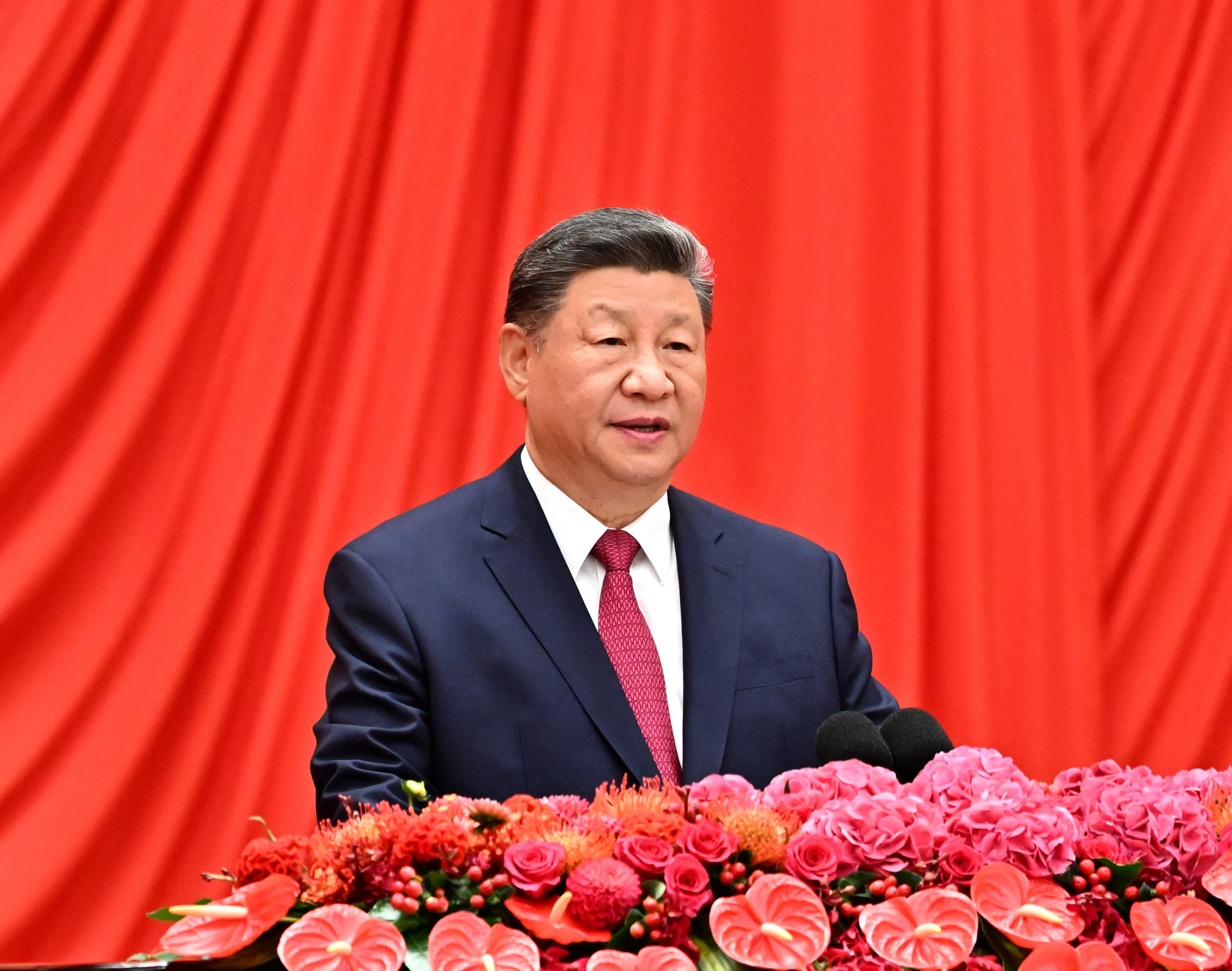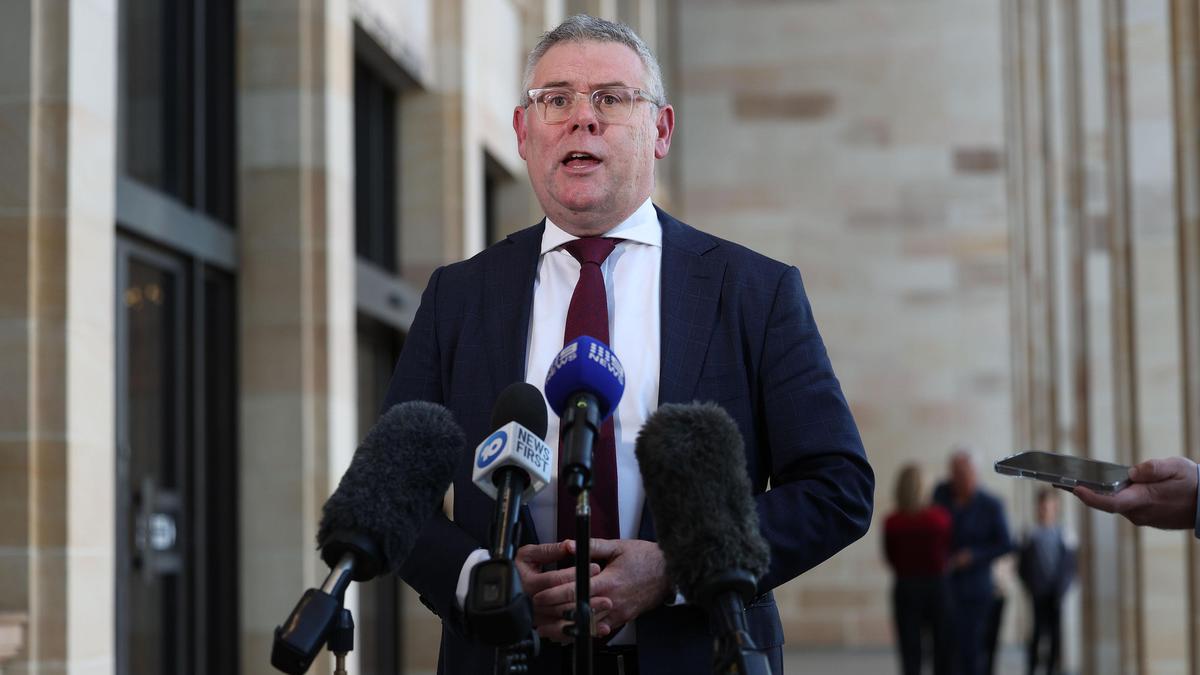Copyright scmp

For the first time in more than a decade, Chinese President Xi Jinping will visit South Korea next week, travelling to the historic city of Gyeongju for talks with South Korean President Lee Jae-myung as well as to attend the Asia-Pacific Economic Cooperation (Apec) summit. While the trip carries limited expectations for immediate breakthroughs, it is seen as a carefully calibrated step towards resetting strained China-South Korea ties, according to experts. Xi’s last visit in 2014, at the height of Beijing-Seoul relations, culminated in a free-trade agreement that took effect in 2015. Park Geun-hye, South Korean president at the time, sought Chinese support for her vision for Korean unification, focusing on building trust, humanitarian aid and reconciliation. Despite Pyongyang’s criticism of the initiative, Beijing referred to it in a joint statement during a summit in Seoul in July that year. Last month, when North Korean leader Kim Jong-un visited China for the first time in more than six years to watch a massive military parade, he and Xi also held face-to-face talks. In a readout following that meeting, Beijing omitted any reference to “denuclearisation of the Korean peninsula”, raising doubts about the prospects for arms reduction. Diplomatic experts said that while the Apec summit was unlikely to yield meaningful outcomes, it did reflect an effort by Beijing and Seoul to lay the groundwork for normalising bilateral ties and fostering future cooperation. But since the United States and North Korea were deeply embedded factors in South Korea-China relations, breakthroughs or significant progress were unlikely this time, they said. Zhan Debin, director of the Centre for Korean Peninsula Studies at Shanghai University of International Business and Economics, said that Seoul and Beijing both faced pressing domestic and international priorities, making Xi’s visit largely “a symbolic restart” of bilateral relations. “Given the challenges in ties over the past few years, this visit signals a moment to reset and reinvigorate bilateral ties, entering the phase of ‘managing differences while pursuing practical cooperation’,” he said. Niu Xiaoping, an expert on the Korean peninsula at the Shanghai Institutes for International Studies, expected that the summit would address supply chain stability amid the ongoing US-China trade war, cooperation in the digital and green economies as well as upgrades to the existing China-South Korea free trade agreement. Niu added that Beijing’s recent sanctions on five US affiliates of Hanwha Ocean, a major South Korean shipbuilder and key player in revitalising America’s shipbuilding industry, could be raised by the Korean side during the meeting. Since Lee’s inauguration in June, Beijing and Seoul have cautiously sought to reset ties. Former president Yoon Suk-yeol had shifted Seoul’s diplomacy closer to Washington and Tokyo, straining ties with Beijing. But in an interview with Time magazine last month, Lee said the country could not fall back on the traditional approach of relying on the US for security and on China for economic growth. However, it could position itself as a potential “bridge”. “Our values of democracy and a market economy are based on our US-South Korea alliance,” Lee said. “We cannot completely sever our relationship with China. So, we need to manage our relationship at an adequate level, and I believe that the Western world has to be understanding in this regard.” “Beijing and Seoul will exchange views on the Korean peninsula,” Niu said, adding that progress would depend on trust between Pyongyang and Washington, with a need for phased compromises rather than unilateral concessions. Amid what seemed to be a growing willingness among parties to engage in talks, China could play a role in easing dialogue, Niu said. North Korea fired multiple short-range ballistic missiles on Wednesday morning in its first launches in months. The missiles flew around 350km (217 miles) and appeared to have fallen inland, according to South Korea’s military. Kang Jun-young, a professor of Chinese studies at Hankuk University of Foreign Studies in Seoul, said Beijing played “an indispensable role in stabilising” the situation and tempering Pyongyang’s actions. According to North Korean state news agency KCNA, Beijing and Pyongyang reached a “complete consensus” on international and regional issues following a visit by North Korean Foreign Minister Choe Son-hui late last month. Seoul and Beijing have also held high-level exchanges in recent months. China has showcased its influence over North Korea, signalling to South Korea the importance of prioritising ties with Beijing if Seoul aims to advance inter-Korean relations, according to Lee Dong-gyu, a research fellow at the Asan Institute for Policy Studies. “As it seeks to lay the groundwork for improved inter-Korean relations, the Lee administration will also likely manage its relationship and try to build friendly ties with China,” he said. “Given the unstable international situation, it will be difficult for the two countries to quickly build consensus on various diplomatic and security issues and restore bilateral relations.” However, China-South Korea ties could hit a snag if Washington prioritises containing Beijing with Seoul’s help, according to experts. “South Korea’s top priority is to first manage its relationship with the US by resolving key issues such as tariff negotiations and modernisation of the Korea-US alliance,” said Zhan, from the Centre for Korean Peninsula Studies. “Until these challenges are addressed, South Korea is likely to refrain from signalling a strong desire to strengthen ties with China, out of concern for potential dissatisfaction from the US.” Lee Dong-gyu said he was concerned about “how long China will be accommodating and continue seeking to restore bilateral relations with South Korea, if South Korea fails to meet China’s expectations for balanced diplomacy”. Niu, meanwhile, highlighted non-sensitive areas, such as fighting online scams and maritime rescue operations, as promising opportunities for China-South Korea cooperation. In recent years, Chinese citizens have been duped by online scams in Southeast Asia, prompting authorities to collaborate with Myanmar to crack down on telecoms fraud and other crimes. This effort has led to the arrests of more than 57,000 Chinese nationals and the dismantling of several criminal gangs. A surge in similar cases involving the kidnapping and torture of Koreans in Cambodia has sparked a national reckoning. “These areas not only steer clear of political sensitivities but can also produce tangible results, making them ideal for future China-South Korea cooperation,” Niu said. This article was first published by The Korea Times in partnership with the South China Morning Post.



